Many people choose to avoid gluten, leaving others to wonder “is gluten bad for you?” Some follow gluten-free diets to lose weight, while others must follow them for health conditions. What exactly is gluten and why has its health implications become so questioned? Read on to learn more!
What is Gluten?
Contrary to popular belief, gluten itself is not a carbohydrate. Gluten is a mix of two proteins found in wheat, barley, and rye. Gluten is formed when the proteins glutenin and gliadin combine with water. (1) Bakers love gluten because it provides structure, strength, and stretch to doughs and breads. Watch this pizza dough window test video to see gluten in action!
Wheat varieties, including bulgur, durum, farro, farina, kamut, semolina, spelt, and wheat berries, all contain gluten, as does triticale – a cross between wheat and rye. Gluten can also be found in some oats as a result of cross contamination during growing or processing.
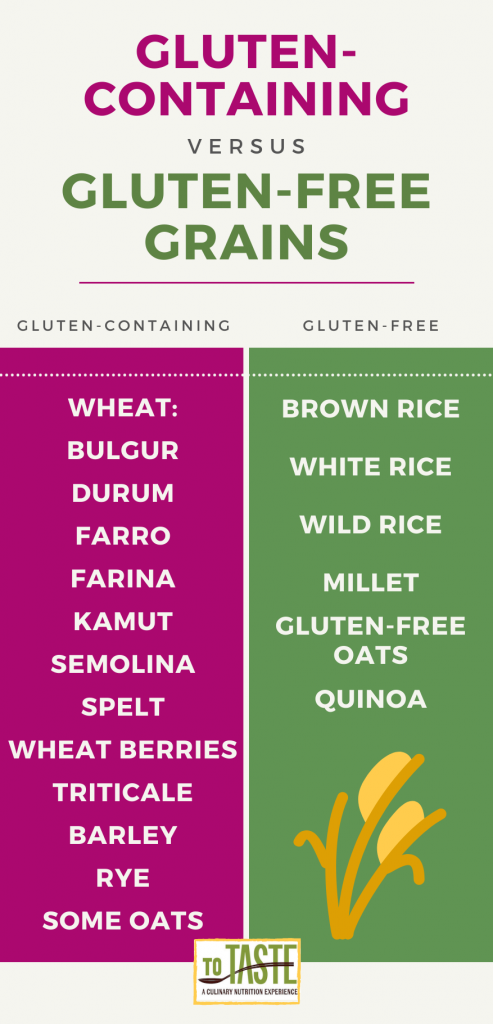
If gluten is simply protein, why do so many people try to avoid it? After all, Americans love protein! Some people truly have gluten intolerances, and they must avoid gluten to prevent symptoms.
Gluten Intolerances
Many people avoid gluten out of medical necessity; there are several diseases that warrant a truly gluten-free diet.
Celiac Disease
Celiac disease is an autoimmune disease, estimated to affect about 1 in 100 people worldwide. (2) When someone with celiac consumes gluten, his or her body triggers an immune response that damages the lining of the small intestine. This attack on the intestine hinders its ability to absorb essential nutrients which can lead to malnutrition. (3) Symptoms can include weight loss, fatigue, digestive issues, abdominal pain, skin rash, headaches, mouth ulcers, and more. (4) Individuals with celiac disease must avoid gluten to protect their health. Even consuming a food that touched a gluten-containing food can initiate a response.
Wheat Allergy
Individuals with wheat allergies suffer an immune response after consuming products containing wheat. Their bodies produce antibodies to the protein in wheat; this is called an Ig-E mediated response. These antibodies can trigger hives, swelling, abdominal pain, nausea, vomiting, digestive issues, and in the worst cases, difficulty breathing. (5) Wheat allergy is often confused with celiac disease, but they are not the same. In celiac disease, it is specifically gluten that causes an immune response; therefore, all grains that contain gluten cause a reaction. Most people with wheat allergies can eat other grains without incident.
Non-Celiac Gluten Sensitivity
There are some individuals that experience negative responses to gluten that do not have either celiac disease or wheat allergy. Reported symptoms include abdominal pain, digestive issues, headaches, joint pain, chronic fatigue, and more. (5) Unlike celiac disease and wheat allergy, there is no definitive test to diagnose the condition, making it difficult to estimate the number of people affected. This condition is highly debated in the medical community, as gluten has not concretely been identified as the trigger. Fructans (FODMAPs) and a group of proteins called amylase-trypsin inhibitors (ATIs) – both found in wheat, barley, and rye – might be to blame. (6)
The herbicide glyphosate applied to wheat crops might be another contributing factor to non-celiac gluten sensitivity, as it damages the gut microbiome. (7) More research is needed to draw definitive conclusions.
Other Autoimmune Diseases
There are other autoimmune diseases that may benefit from gluten elimination, but research is limited. Possible diseases include rheumatoid arthritis, type 1 diabetes, thyroid disease, and multiple sclerosis. (8, 9, 10, 11, 12, 13, 14)
Is a gluten-free diet healthy?
As discussed, some individuals must follow a gluten-free diet to protect their health, but there are others who simply choose to follow a gluten-free diet, believing it to be a healthy choice. People claim to lose weight, eliminate digestive issues, clear skin problems, experience more energy, and more. A gluten-free diet can be healthy, but it can also be lacking in important nutrients if not followed correctly. Let’s take a closer look!
Foods Avoided vs. Foods Consumed
When following a gluten-free diet, one must avoid wheat, barley, rye, and any foods that contain these grains as ingredients. There are some less obvious foods that may contain gluten as well, such as soy sauce, processed meats, soups, gravies, and beer. To properly avoid gluten, it is necessary to become an expert at reading the ingredients list on the nutrition facts label.
Wheat is the number one source of gluten in American’s diets. Think about all of the foods that normally contain wheat: breakfast pastries, cookies, cakes, and crackers, etc. Beyond the wheat itself, these foods are also often high in sugar, saturated fat, and sodium, providing large amounts of empty calories and unhealthy ingredients. While you can find almost any food gluten-free nowadays, the cake at the office or cookies in a hotel lobby are most likely not. People following gluten-free diets have no choice but to pass on these foods, saving their bodies from excess calories.
There is a vast variety of foods one can consume on a gluten-free diet. There are many grain alternatives to gluten-containing grains, including gluten-free oats, quinoa, brown rice, and millet. All of these choices are whole grains and a good source of fiber and disease-fighting phytochemicals. Fruits, vegetables, legumes, meats, eggs, nuts, seeds, and dairy are all naturally gluten-free. Purchasing whole foods, rather than ultra-processed or pre-cooked foods, and cooking them from scratch is the best and easiest way to avoid gluten.

Are gluten-free foods healthy?
It depends on which foods we are talking about. The whole foods mentioned above including fruits, vegetables, lean protein options, and dairy are all healthy, and naturally gluten-free choices! Gluten-free foods you find in the aisles of the grocery store will vary in their healthiness, just like foods with gluten. Gluten-free cookies? Still cookies! Gluten-free cake? Still cake! Gluten-free products tend to be low in protein and dietary fiber and are often high in sugar, saturated fat, and sodium. (15) Don’t be fooled into believing that a product marketed as gluten-free is automatically a healthy choice!
Advantages of a Gluten-Free Diet
If one follows a whole foods, gluten-free diet in line with the Dietary Guidelines, it can certainly be a very healthy diet. A gluten-free diet forces people to pass on many empty calorie treats as mentioned earlier. Limiting empty calorie foods from your diet may lead to an improvement in how you feel!
A gluten-free diet can also encourage the consumption of a more varied assortment of grains. Just like fruits and vegetables, it is important to eat a variety of whole grains for optimal nutrition. Rather than consuming mostly wheat (as most Americans do), followers of a gluten-free diet should consume a variety of other grains, varying the nutrients consumed.
Disadvantages of a Gluten-Free Diet
The most obvious disadvantage of following a gluten-free diet is the inability to consume foods that rely on gluten for optimal taste and texture, such as pizza dough and french bread. While there has been great progress in the availability of gluten-free options, many are just not comparable to their gluten-containing counterparts. While these foods might not always be the healthiest options on their own, you can still enjoy them on occasion as part of a balanced diet and lifestyle. We cannot neglect the importance of enjoying food for the sake of taste, culture, socialization, and tradition!
Although the ever expanding gluten-free options in the grocery store make following a gluten-free diet easier, remember that these foods are often low in protein and fiber and high in saturated fat, sugar, and sodium. (15) Many of these products use rice as an alternative grain and it is important to eat a variety of grains for optimal nutrition.
A final important note is the recent increase in overweight and obesity in celiac patients. (16) One could assume that the increase in gluten-free products is part of the problem. Gluten-free cookies, cakes, and other snack foods are readily available and are just as high in empty calories as their gluten-containing counterparts. Overconsuming these foods can lead to weight gain.
Do Registered Dietitians eat gluten?
The dietitians at To Taste do not follow a gluten-free diet, but none of us experience reactions when consuming gluten. We do, however, make it a point to vary our whole grains for optimal nutrition – something that everyone could benefit from!
If you choose to follow a gluten-free diet because it makes you feel better, then by all means, continue it! For all others, know that gluten does not affect many of us and can definitely be included in a healthy, well-rounded diet.
If you suspect that you may have celiac disease, a wheat allergy, or another autoimmune condition, see a doctor before eliminating gluten on your own. Celiac tests check for damage to the intestine caused by gluten, so you need to be eating gluten for the test to be accurate. If you are wanting to make healthy modifications to your diet, consider setting up a consultation with a registered dietitian. He or she will be able to help you create a personalized eating pattern that will best suit your needs and preferences.
Interested in some gluten-free recipes?
Try out these tried and true options!
One Pan Mexican Quinoa Skillet with Black Beans
As always, we hope you find ways to enjoy and make delicious foods and meals to YOUR Taste!
Chef V
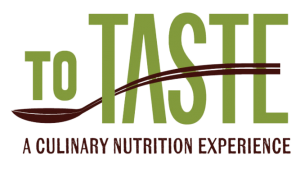
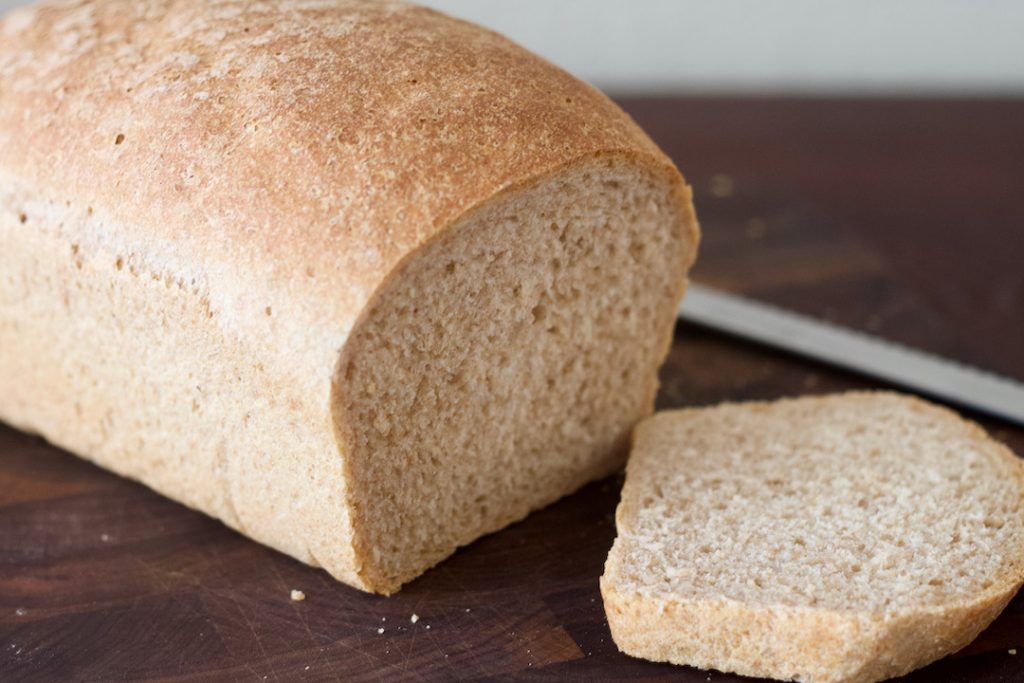
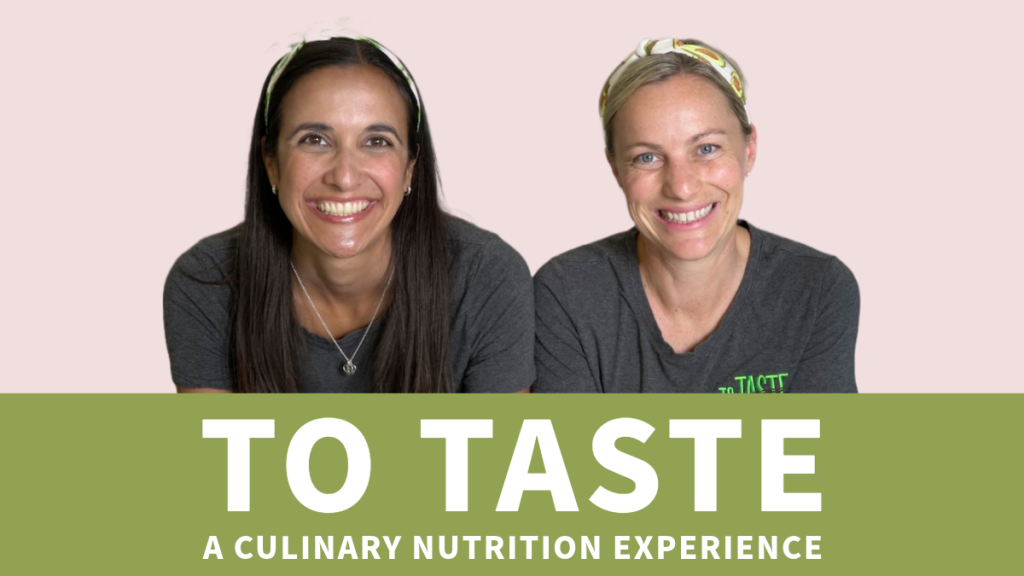







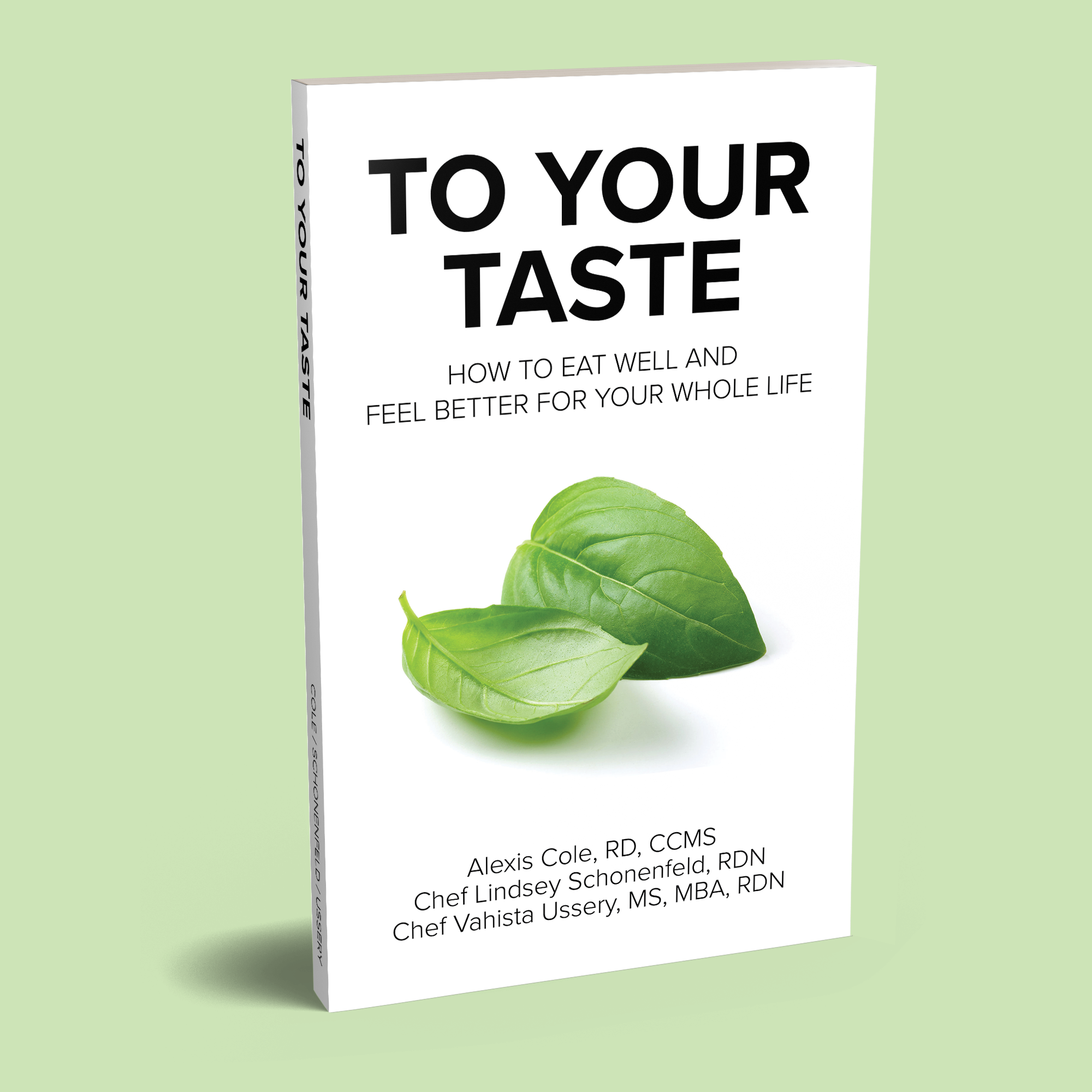
This Post Has 4 Comments
Information is really good ….. my wife follows the gf diet to avoid some side effects but is not gluten intolerant
Happy to share! We are always happy to hear about people finding eating patterns that help them feel healthy and energized. 🙂
I hate glooten >:(
We’re sorry to hear that! If it truly makes you feel unwell, we definitely recommend avoiding it and replacing gluten-containing foods with other nutrient-dense foods.